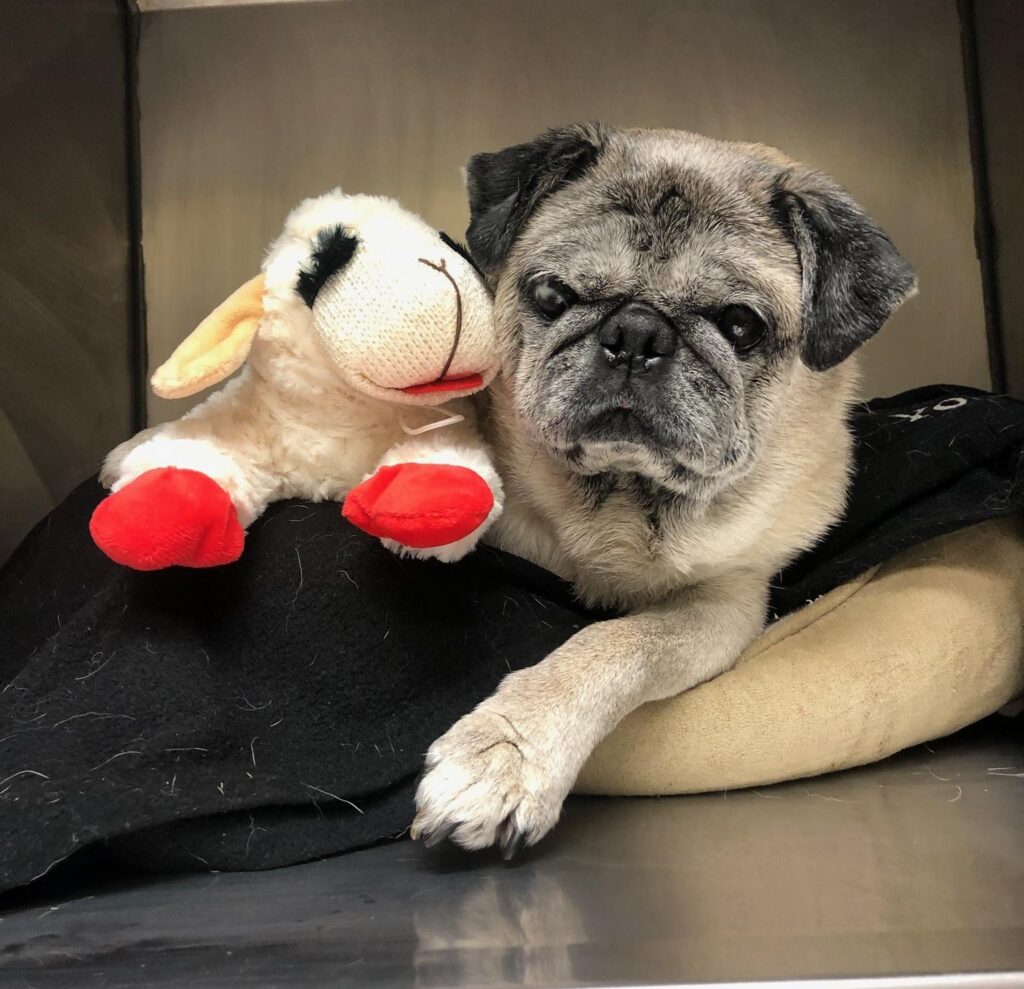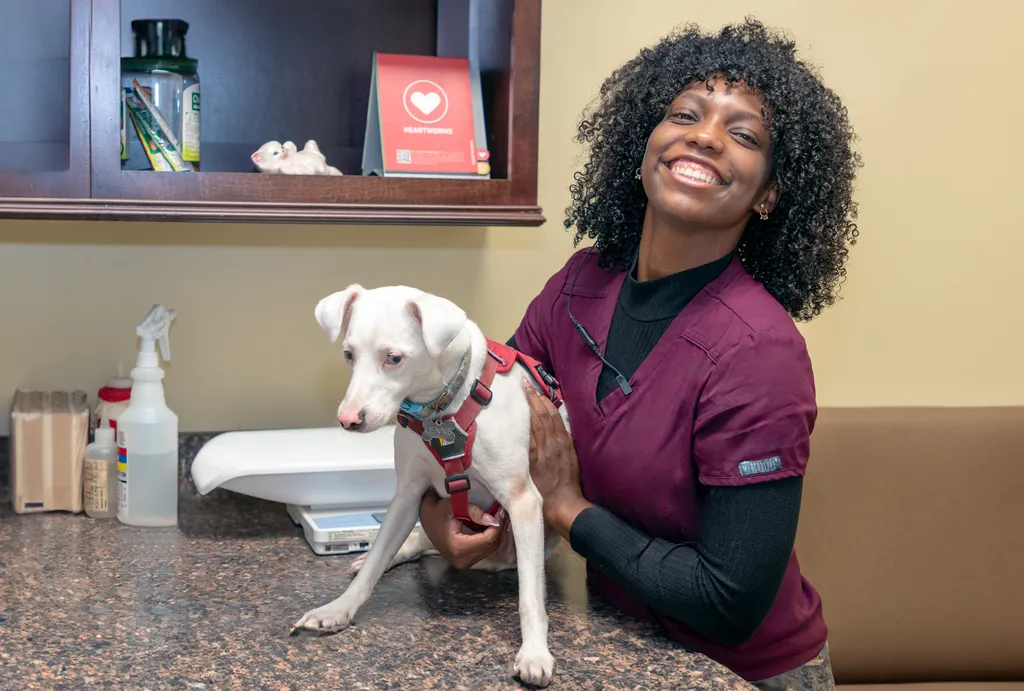Pets have never had it so good. Unlike their predecessors, modern dogs and cats have access to the best in veterinary medicine, allowing them to live longer, healthier lives than ever before. Besides enjoying scientific advances in the areas of surgery, cardiac care, oncology, physical therapy, and more, today’s pets benefit from preventive care in the forms of nutrition, wellness exams, and of course, regular pet vaccines.
It may seem like an inconvenience to bring your puppy or kitten into the veterinarian’s office every few months for shots, and then back for boosters every year, but having a long and healthy life for your best pal is well worth the effort.
What Vaccines Do
Vaccines help to prepare a pet’s immune system to fight off disease-causing viruses or bacteria by introducing antigens, which are molecules that look similar to these organisms. The antigens trigger a mild immune response in the pet, which effectively protects the body when and if it comes into contact with the disease in the future.
Veterinary scientists agree that the use of pet vaccines has prevented the deaths of millions of animals throughout the world. Even though some deadly diseases are now less common, thanks to vaccines, it’s important that pets still receive their core and noncore vaccines at the recommendation of their veterinarians.
Core Vaccines
Core vaccines are those that are considered essential for all pets based on the exposure risk, severity of the disease, and the risk of transmission to humans.
- For dogs – Core vaccines for dogs include rabies, canine parvovirus, distemper, and canine hepatitis.
- For cats – Core vaccines for cats include rabies, panleukopenia (feline distemper), canine calicivirus, and feline herpesvirus type I.
It’s the Law
Rabies remains one of the most deadly zoonotic (transmissible from animals to humans) diseases. For the health and safety of the population at large, the rabies vaccine is mandatory in almost all 50 states, although each has its own laws covering its administration. In some states, the rabies vaccine must be given yearly, while in others it’s only required every three years.
Other Pet Vaccines
Noncore vaccines are recommended for pets whose lifestyles or living situations place them at risk for particular diseases, such as kennel cough (Bordetella), Lyme disease, canine influenza, and Leptospirosis. Your veterinarian will work with you to determine your pet’s specific risk, and help you decide which noncore vaccines are appropriate for him or her.
Working Together
Vaccines are one of the most important ways you can support your pet’s health and well-being. By bringing your pet in for his or her regularly scheduled vaccinations and boosters, you are also giving your veterinarian the chance to perform a complete nose-to-tail wellness examination, which is vital to your pet’s long-term health.
If we haven’t seen your pet for some time, be sure to give us a call at Oak Forest Veterinary Hospital. We look forward to seeing you and your pet!



